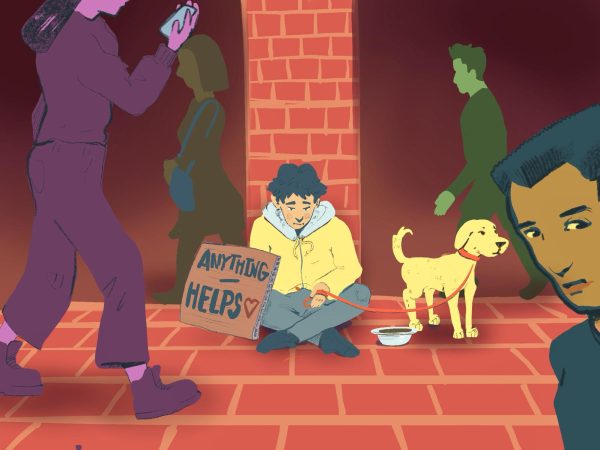Netflix: is it watching you instead?
I have previously suggested that Netflix is watching you.
Each time you watch a movie, you are producing data about your preferences that Netflix can use to recommend movies you might like. But what else could they use this information for?
If you use Siri all the time, Apple knows more about you than you would be comfortable with.
When you use Siri, Apple receives that information; your inquiries into restaurants, your request that Siri talk dirty to you, all that is sent to Apple, according to the user agreement and privacy policy.
More than just knowing what your voice sounds like, Apple has insight into your life based on what you ask Siri.
I have an iPhone and a laptop. I wrote this article using Google Docs. I don’t hate technology outright, but I think we ought to take a hard look at what tech companies are doing with the information they collect.
Case in point: the game we all played and have since abandoned, Pokemon Go. It wasn’t just a game. It was a whaling expedition.
Niantic, the company behind the app, was created as an in-house startup at Google by a team led by John Hanke. Hanke had earlier run a Geospatial tech firm eerily named Keyhole.
He applied Keyhole’s technology at Google in the making of Google Earth and Street-View, according to Wikipedia. Niantic later split off from Google.
The “Niantic” was a famous whaling ship in the 1800’s. Did John Hanke name the company after this ship? If so, who is the whale?
You are. The user agreement that you had to sign (You know, that one you didn’t read) to play Pokemon-Go gave Niantic broad access to your data.
It stands to reason that the real purpose of Pokemon-Go went deeper than the pursuit of catching them all.
The huge amounts of data that Niantic collected, especially location data, could be used to study people’s habits, and this information could be applied to advertising products to people.
At a recent UVM forum, Craig Atkinson, the director of “Do Not Resist,” a film about police militarization, suggested Pokemon-Go was essentially a Google Earth for inside the house.
It was designed to get kids to turn on their cameras inside their homes. With Google Street-View you can see the outside of pretty much anyone’s house. Now, they could see the inside. Perhaps a little far-fetched, but not off the money.
Big data’s dream is to come up with ads catered to you specifically.
If they were able to see the inside of your home, they would have a lot of insight into your life, your income, into the products that you are interested in. The words “if it’s free then you are the product” ring true here.
But hey, maybe I’m just paranoid.











![Can’t buy me [self] love](https://vtcynic.com/wp-content/uploads/2024/04/self-care-FINAL-600x398.jpg)
